Retiring on Cape Cod in 2025: Costs, Communities, and Tips
Cape Cod represents the quintessential New England retirement dream: pristine beaches, charming coastal villages, world class healthcare, and a vibrant community of active seniors. However, this peninsula paradise comes with a premium price tag that places it among the most expensive retirement destinations in the United States. This comprehensive guide examines every aspect of retiring on Cape Cod—from housing and healthcare to taxes and lifestyle—helping you determine if it aligns with your financial situation and lifestyle goals.

The Financial Reality of Cape Cod Retirement
Understanding the cost of retiring on Cape Cod is essential. While the expenses are high, many retirees manage it with careful planning and lifestyle adjustments.
Housing Costs: The Biggest Expense
As of May 2025, the median price for a single-family home on Cape Cod reached $797,912, requiring an annual income of around $220,000 for affordability. This is 2.5 times higher than the county's median income, highlighting a wide financial gap.
Housing costs are 92.9% above national norms, and the median home price has jumped 55% over the past five years—a sign of a declared housing crisis affecting both retirees and working families.
Annual Living Costs Summary
| Expense | Estimated Annual Cost |
|---|---|
| Housing (mortgage, insurance, taxes) | $35,000–$50,000 |
| Healthcare | $4,364 |
| Groceries | $5,292 |
| Utilities & Heating | $4,800+ |
| Transportation | $4,000–$6,000 |
How to Make It Work
- Downsizing to smaller homes or condos
- Choosing lower-tax towns like Chatham ($3.47 per $1,000)
- Utilizing senior tax benefits (more below)
- Exploring income-restricted senior housing
- Leveraging home equity and long-term appreciation
Senior Housing & Retirement Community Options
Independent Living
Independent living communities average $4,511/month and include:
- Landscaping, maintenance, and some housekeeping
- Social activities and group transportation
- Fitness and wellness facilities
Assisted Living
Assisted living costs $6,338/month on average and includes:
- Personal care and medication management
- Meal services and health monitoring
- Wellness programs and 24/7 emergency response
Continuing Care Retirement Communities (CCRCs)
Maplewood at Mayflower Place in Yarmouth offers full-spectrum care. Though expensive, it provides peace of mind with lifetime care coverage.
Notable Communities
- Southport, Mashpee: 55+ gated community with golf and activities
- Everleigh, Hyannis: Rental-based active adult community
- Cape Cod Senior Residences, Bourne: Affordable housing for income-qualified seniors
Best Cape Cod Towns for Retirement
1. Chatham
- Walkable, scenic, upscale town
- Lowest property tax: $3.47/$1,000
- Active retiree base and cultural amenities
2. North Falmouth
- Vibrant year-round downtown
- Access to Martha’s Vineyard ferry
- Strong healthcare access
3. West Dennis
- Residential, peaceful setting
- More affordable housing options
4. Harwich Port
- Charming downtown and beaches
- Good value near waterfront
5. Wellfleet
- Located in Cape Cod National Seashore
- Rich arts and culture scene
Property Tax Comparison
- Chatham: $3.47
- Dennis: $4.33
- Falmouth: $5.87
- Barnstable: $6.24
- Bourne: $7.81
Healthcare: A Major Advantage
- Cape Cod Hospital (Hyannis): Top 15 in MA
- Falmouth Hospital: Specialized heart and lung care
- Extensive specialist network
- Quick access to Boston hospitals
Medicare Access
- SHINE program provides free Medicare counseling
- Competitive Medicare Advantage and Medigap plans
- Strong local physician networks accepting Medicare
Massachusetts Tax Benefits for Retirees
Key Benefits
- Social Security: Not taxed
- Public pensions: Exempt
- Age 65+ exemption: $700 annual state income tax deduction
- Circuit Breaker Credit: Up to $2,730 in property tax rebates for qualifying incomes
Property Tax Work-Off Programs
- Up to $1,500 abatement for part-time municipal work
- Provides social engagement and flexible hours
Lifestyle & Recreation Benefits
Mild Maritime Climate
- Winters 20–30°F warmer than western MA
- Summers rarely exceed 80°F
- Ideal for walking, gardening, and outdoor hobbies
Active Lifestyle
- 500+ miles of coastline
- Golf, kayaking, boating, and walking trails
- Arts centers, museums, and lifelong learning courses
Retirement Challenges to Consider
Summer Tourism Surge
- Traffic congestion, higher seasonal costs
- Crowded beaches and restaurants
- Parking difficulties in tourist zones
Transportation Needs
- Limited public transit; vehicle ownership essential
- Winter travel may be difficult for non-drivers
Weather & Natural Risks
- Nor’easters and hurricanes increase storm prep and insurance costs
Seasonal Community Dynamics
- Some towns like Provincetown quiet in winter
- Choose year-round communities like Falmouth for consistent services
Is Cape Cod Right for Your Retirement?
Financial Readiness
- $70,000+ annual income ideal
- Home equity or savings for housing and emergencies
- Flexible budget for premiums and property taxes
Lifestyle Fit
- Love for nature, quiet seasons, and small-town life
- Willingness to drive and manage weather changes
Health Considerations
- Access to high-quality healthcare
- Ability to live independently or afford quality assisted care
Alternatives & Flex Options
Seasonal Retirement
- Enjoy summers on Cape Cod, winters elsewhere
- Lower annual costs and weather avoidance
Gradual Transition
- Start with part-time residency
- Build community ties and financial readiness
Bottom Line: A Lifestyle Investment
Cape Cod retirement is a lifestyle choice that prioritizes natural beauty, coastal activities, excellent healthcare, and strong communities over affordability. For those prepared financially and emotionally, Cape Cod can offer a truly exceptional retirement experience.
Categories
Recent Posts

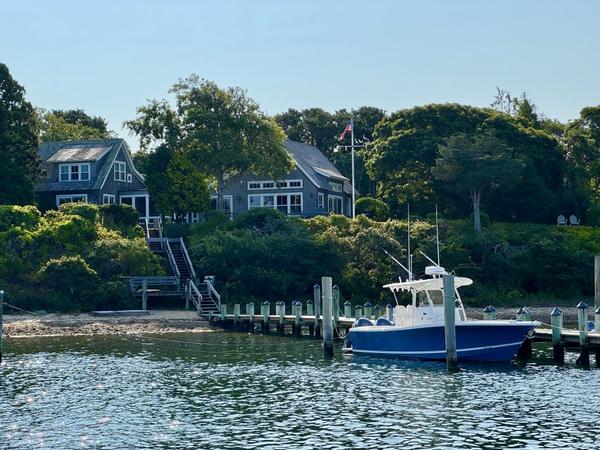
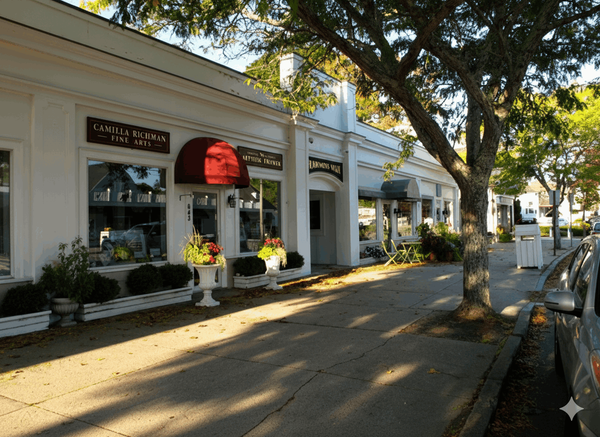
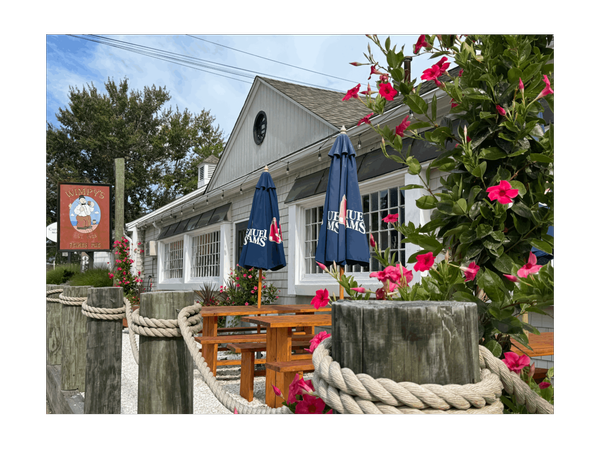
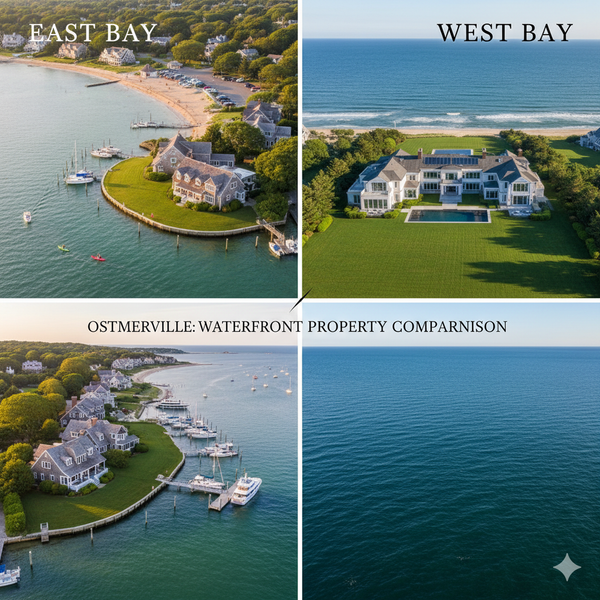
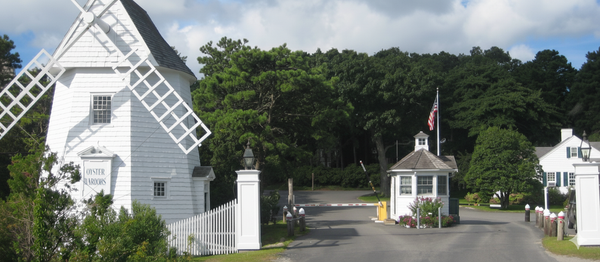




GET MORE INFORMATION

